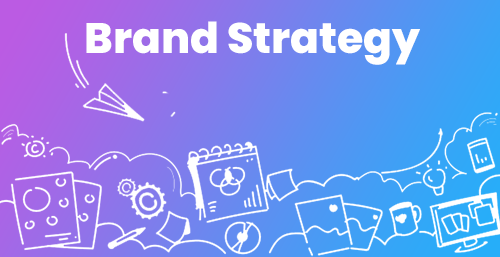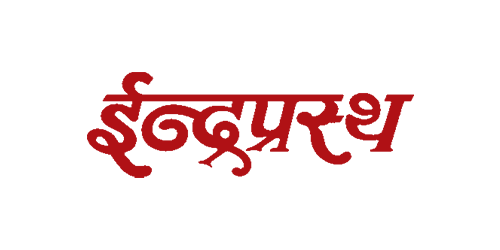
Performance Marketing
Splash Media Inc a Digital Marketing Agency
We at splash media inc ensure the best return on investment for your custom needs
Splash Media Inc Services

Update your brand, tune-up your message

Webinar, Poadcast, Video & Photo
Industry Expertise & Our Satisfied Clients
- All
- Finance
- Manufacturing
- Food & Beverage
- Travel & Hospitality
- Education
- E-Commerce
- Healthcare
- Real Estate
- Government
Our Accomplishment's
Years
Project Completed
Clients
Countries
What Our Happy Clients Are Saying

Harshal
Co-FounderWe are working with Splash media for last 3 years and still we are with them, their marketing Knowledge and Strategy helping my business to grow everyday. Splash media and their team exceed our expectation.

Aneri Desai
CEOIts pleasure to work with Splash media Team, they definitely have the knowledge of my niche marketing ,I had problem of digital approach of my business Mr. Yash and his team supports and help to grow my business digitally , I am satisfied with their work , I highly recommend splash media.

Jay Vyas
DirectorI recommend Splash team for Marketing and Tech Solution. As they are very confident about their service which they provide which Help me to grow my business Digitally.

Finance & Insurance

Real Estate

Travel & Hospitality

E-Commerce

Education

Professional Business

Non Profit Organization

Health Care

Human Resource

Food and Beverage

Manufacturing

FMCG
We'd Love to Hear From You
No matter what specific topic you may have inquiries about, whether it’s related to branding, strategy development, product or service features, pricing, social media marketing, search engine optimization (SEO), or any other aspect of the digital realm, the knowledgeable and experienced team at Splash Media is fully prepared to provide you with comprehensive answers and solutions to your queries.








